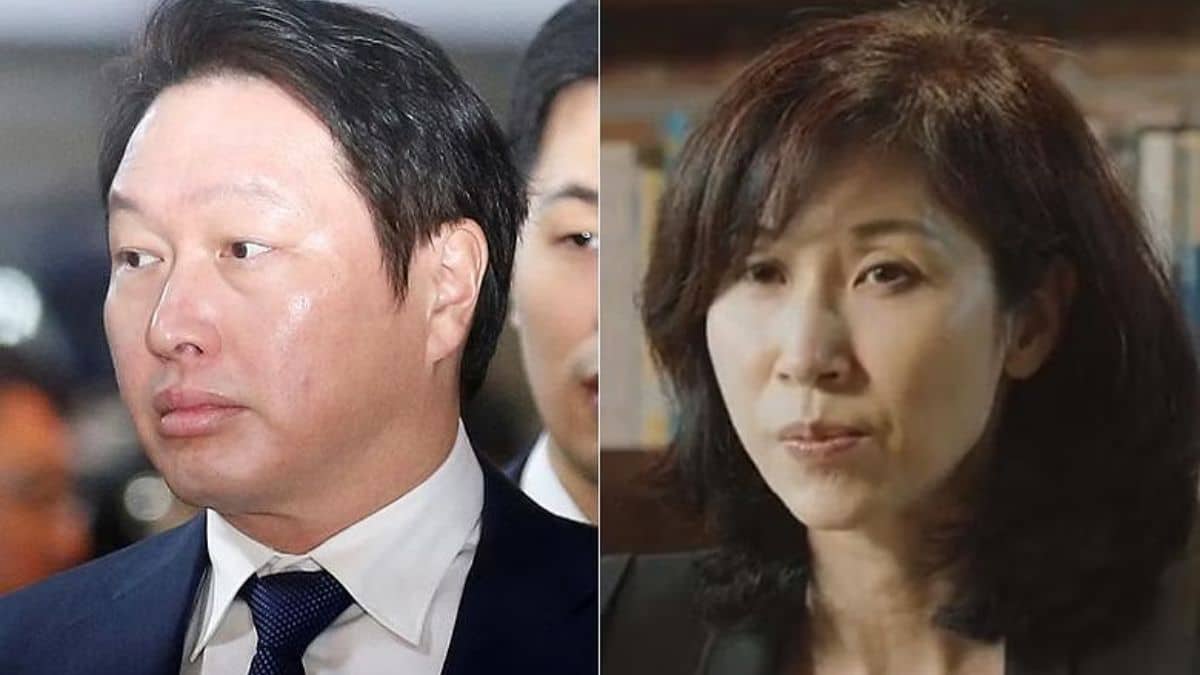SK Group Chairman Chey Tae-won has significantly escalated his legal battle over a $1 billion divorce settlement by submitting an extensive 500-page appellate brief to South Korea’s Supreme Court. This move underscores the high stakes involved in what has become the country’s most expensive divorce case, involving his estranged wife, Roh So-Young, a prominent figure in her own right.
The Seoul High Court had earlier ruled that Chey must pay 1.38 trillion won (approximately $1 billion) in property division to Roh. This decision was influenced by allegations that SK Group’s early growth was partly funded by a slush fund linked to former President Roh Tae-woo. According to the court, Chey’s father, Chey Jong-Hyon, received 30 billion won from this slush fund, which purportedly served as seed money for Sunkyong, the predecessor of SK Group.
In his appeal, Chey argues that the high court’s ruling contains critical errors. He challenges the court’s valuation of Korea Telecom shares and disputes the recognition of the slush fund. Chey contends that the court overvalued the Korea Telecom shares, significantly inflating the settlement amount. Moreover, he disputes the assertion that his family’s connection to former President Roh played a pivotal role in SK Group’s development.
This legal battle is not just a personal matter for Chey; it has profound implications for his control over SK Group, especially its semiconductor arm, SK Hynix. The outcome of this case could affect the conglomerate’s governance and financial stability, making it a critical issue for stakeholders and the broader business community.
The Supreme Court’s decision will be closely watched, given its potential to set a precedent in high-stakes divorce settlements involving corporate giants. The case also highlights the intricate dynamics of personal relationships within powerful business families and how they can intersect with corporate interests.
As the proceedings continue, there is significant interest from both domestic and international observers. The legal intricacies and the potential financial implications make this one of the most closely monitored cases in South Korea. Stakeholders within SK Group and the broader business community are particularly vigilant, as the Supreme Court’s ruling could reshape the landscape for corporate governance and family-owned conglomerates in the region.

